
James Patrick Anderton was a New Zealand politician who led a succession of left-wing parties after leaving the Labour Party in 1989.

The 1984 New Zealand general election was a nationwide vote to determine the composition of the 41st New Zealand Parliament. It marked the beginning of the Fourth Labour Government, with David Lange's Labour Party defeating the long-serving Prime Minister, Robert Muldoon, of the National Party. It was also the last election in which the Social Credit Party won seats as an independent entity. The election was also the only one in which the New Zealand Party, a protest party, played any substantial role.

Richard William Prebble is a former member of the New Zealand Parliament. Initially a member of the Labour Party, he joined the newly formed ACT New Zealand party under Roger Douglas in 1996, becoming its leader from 1996 to 2004.

Sir Wallace Edward Rowling, commonly known as Bill Rowling, was a New Zealand politician who was the 30th prime minister of New Zealand from 1974 to 1975. He held office as the parliamentary leader of the Labour Party.

The 41st New Zealand Parliament was a term of the Parliament of New Zealand. Its composition was determined by the 1984 elections, and it sat until the 1987 elections.

Robert James Tizard was a Labour politician from New Zealand. He served as the sixth deputy prime minister, the minister of Finance, minister of Health and minister of Defence.

Ronald Leslie Bailey was a New Zealand politician of the Labour Party.
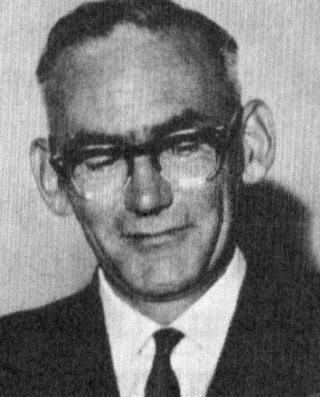
Bruce Gillespie Barclay was a New Zealand politician, being the Member of Parliament for Christchurch Central in the South Island.
Frederick Miroslav Gerbic was a New Zealand politician of the Labour Party.

Warren Wilfred Freer was a New Zealand politician and member of the Labour Party. He represented the Mount Albert electorate from 1947 to 1981. He is internationally known as the first Western politician ever to visit the People's Republic of China.

Colin James Moyle is a former politician of the New Zealand Labour Party who served as a Member of Parliament (MP) from 1963 to 1976 and again from 1981 to 1990. He was a Government minister in the Third Labour and Fourth Labour Governments. He was a close confidant of Bill Rowling during Rowling's short premiership. In the Fourth Labour Government, as Minister of Agriculture, Moyle oversaw the removal of farming subsidies and the establishment of a fisheries quota system.

John Gerald O’Brien, known as Gerald O'Brien, was a New Zealand politician of the Labour Party.

Arthur James Faulkner was a New Zealand politician of the Labour Party.
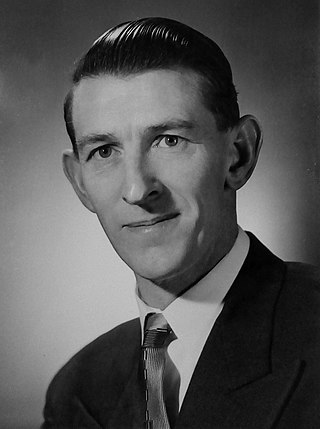
William Alex Fraser was a New Zealand politician of the Labour Party.
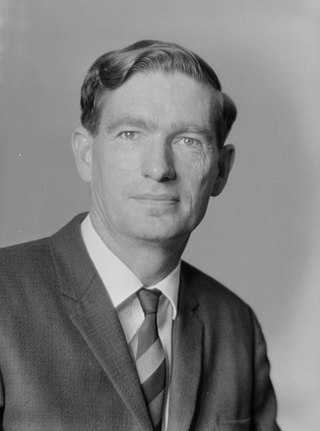
Fraser MacDonald Colman was a New Zealand politician of the Labour Party. He represented the electorates of Petone from 1967 to 1978, and then when Petone was renamed, Pencarrow from 1978 to 1987, when he retired. He was the cabinet minister chosen to represent New Zealand in 1973 on its warships during their protest against the nuclear weapons testing carried out by France.
Sydenham was a New Zealand parliamentary electorate, from 1881 to 1890 and again from 1946 to 1996. It had notable politicians representing it like Mabel Howard, Norman Kirk and Jim Anderton.

Roger Patrick Blundell Drayton was a New Zealand politician of the Labour Party.
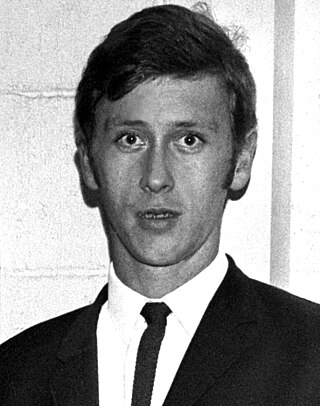
The Sydenham by-election 1974 was a by-election held in the Sydenham electorate during the term of the 37th New Zealand Parliament on 2 November 1974. Eight candidates stood in total.
On 3 February 1983, a New Zealand Labour Party leadership election was held to determine the leadership of the New Zealand Labour Party. The leadership was won by Mangere MP David Lange, who had been Deputy Leader of the party since 1979.
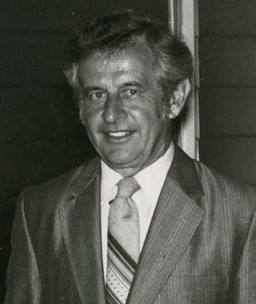
John Francis William Wybrow was a New Zealand politician and diplomat. He was the secretary of the Labour Party and later New Zealand's High Commissioner to Canada.

















